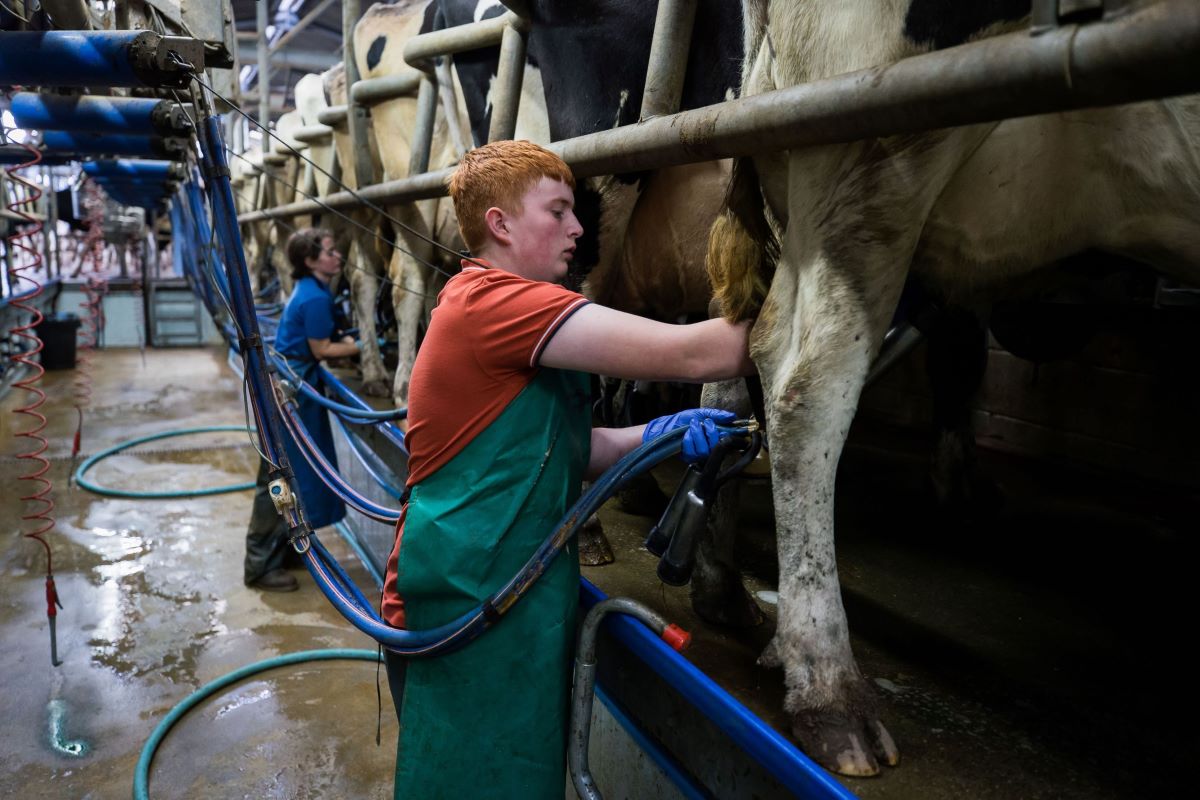With the right approach, Skills England can shift the dial on closing skills gaps

BusinessLDN’s Policy Delivery Director Mark Hilton looks at how the collaborative process for developing local skills improvement plans can set a precedent for the new arms-length body
Ministers and staffers across the Department for Education (DfE) are no doubt heading into conference season mindful of the to-do list that awaits them when they return to Westminster.
From mapping a strategy for shoring-up finances across the Higher Education sector, to delivering a new Growth and Skills Levy, to addressing rising unemployment among 18–24-year-olds, the coming months will mark a crunch point for efforts to future-proof further education and close skills gaps.
Over the summer, the Education Secretary and Prime Minister sought to get on the front foot in this area, with the announcement of plans to establish Skills England. The new arms-length body will bring together businesses, unions, training providers, colleges and the Migration Advisory Committee to assess where skills gaps exist and identify which training programmes should be funded by the new Growth and Skills Levy. Its efforts will sit alongside moves to simplify, and further devolve, the Adult Skills Funds (ASFs) that sit with regional mayors.
And those efforts can’t come soon enough. A study that we conducted alongside Survation with 1,200 London business leaders and HR managers earlier this year finds that half are struggling to find the right people to fill vacancies and more than a third have skills and capacity gaps in their existing workforce. Almost three-quarters are preparing to increase investment in training to address these challenges.
Skills England must deliver on its promise to install genuinely joined-up thinking across Government
It’s against this backdrop that Skills England must deliver on its promise to install genuinely joined-up thinking across Government on the labour market and skills, an approach which has been lacking in previous attempts to co-ordinate our fragmented training and professional development landscape.
Local Skills Improvement Plan
That’s why, when developing our London Local Skills Improvement Plan (LSIP) alongside other London business groups last year, we put collaboration front and centre. The LSIP draws on engagement with more than a thousand employers, training providers, London government and wider stakeholders to map how a partnership-first approach can help close skills gaps across the capital.
Small firms, Digital and Green Skills Priorities
Key recommendations stemming from the plan include creating a skills support hub for small firms and making digital and green skill development fundamental to training funded by the Greater London Authority (GLA). We also called for creation of a new one-stop shop for employment support services in London, chiming with a Labour Manifesto commitment to “bring Jobcentre Plus and the National Careers Service together to provide a national jobs and careers service.”
One year on from its launch, we have just published a comprehensive LSIP progress report, which highlights how the plan is supporting more firms to work with further education colleges, deliver apprenticeships and co-create training courses. The Grow London Local support hub for London SMEs has now been established, and our call for the GLA to take a lead on facilitating opportunities for young people has seen it commit to funding work placements for 4,500 16-19-year-olds by March 2025.
Deputy Mayor for London Howard Dawber, who is leading on development of London’s new Growth Plan, welcomed the progress report’s findings, and Skills Minister Baroness Jacqui Smith stated that the LSIP “will provide important intelligence for the newly established Skills England.” These are of course still early days, and our focus over the coming year will be on developing the partnerships that the LSIP has helped create.
Skills England should embrace the findings from the LSIP in London and those developed for other regions, along with the spirit of collaboration that underpins them.
DfE need to urgently provide a roadmap for the new Growth and Skills Levy
When DfE officials do return at the start of next month, we hope they do so with a sense of urgency: providing a roadmap for the new Growth and Skills Levy, setting out plans for much needed further skills devolution, and clear next steps on the establishment of Skills England and how the body will have the clout needed to bring different voices together.
Because it’s only through a process of conversation and collaboration, between all those who play a role in addressing skills gaps across the UK, that we can create a thriving and dynamic UK workforce that’s fit for the future.
By Mark Hilton, Policy Delivery Director at BusinessLDN











Responses